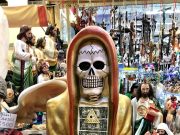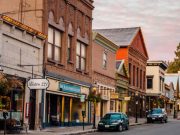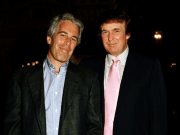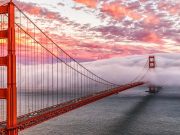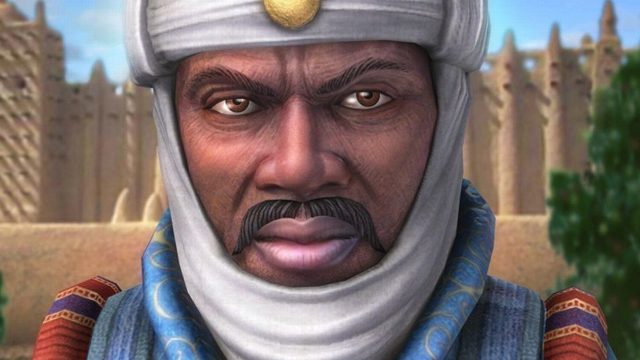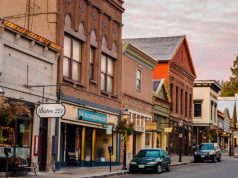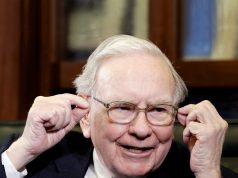Musa I or Mansa Musa was the Emperor of Mali during the 14th century. Ranked the richest man of all time, he is famous for his pilgrimage to Mecca during which showcased his wealth to the cities he visited. His empire covered modern day Ghana, Timbuktu and Mali in West Africa. Musa held many titles, including ‘Emir of Melle’, ‘Lord of the Mines of Wangara’, ‘Conqueror of Ghanata, and more than a dozen others.
Musa was appointed deputy of Abubakari Keita II, the king before him, who had reportedly embarked on an expedition to explore the limits of the Atlantic Ocean, and never returned. He was one of the richest people in history and Time magazine has reported that there really is no way to put an accurate figure on his wealth.
Here are some fun facts about him that you probably didn’t know!
1Mansa Musa means “King of Kings”
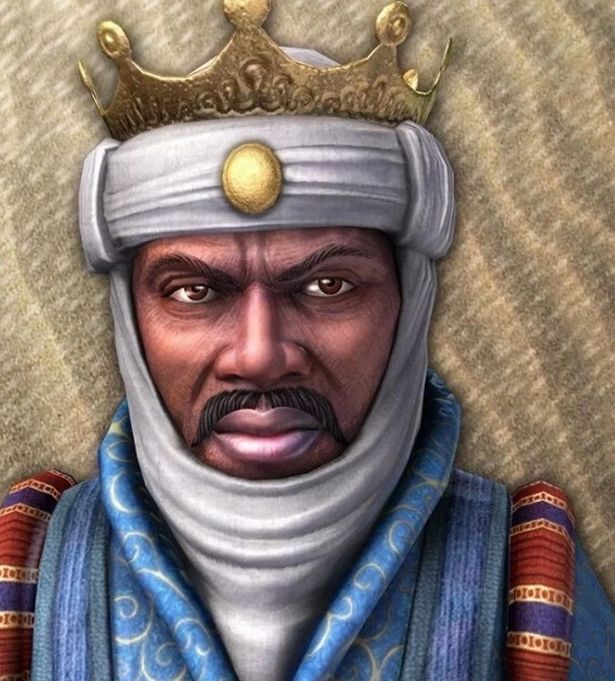
Mansa I of Mali was known by numerous names during his life including Emir of Melle, Lord of the Mines of Wangara, Conqueror of Ghanata and Lion of Mali. In the west, he is popular by the name Mansa Musa. Musa is a Muslim name whose biblical equivalent is Moses while Mansa means “King of Kings”. It was common in Malian Empire that when the king undertook a journey, usually a pilgrimage to Mecca, he appointed a deputy to take care of the empire and then the deputy was declared as his heir. Mansa Musa was declared deputy by Emperor Abu Bakr II when he went to explore the limits of the Atlantic Ocean. Abu Bakr II never returned and in 1307 Mansa Musa became the tenth ruler of the Malian Empire.
2Musa was considered one of the greatest rulers of West Africa
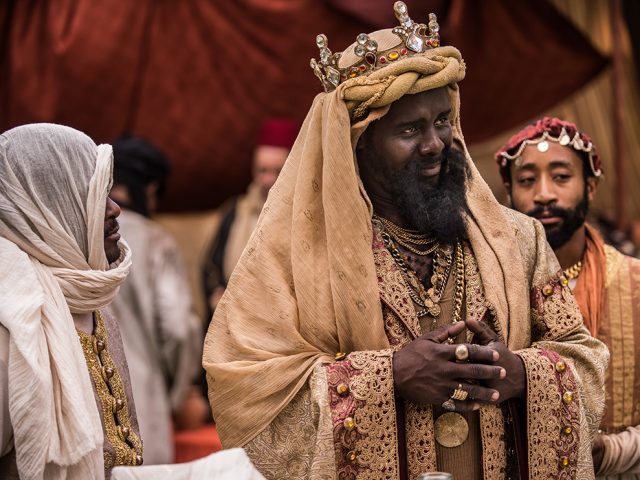
Mansa Musa took the throne after his predecessor died. He was the first ruler from the Laye lineage, the man who established the empire as a true Islamic state. However, he did not force or impose anyone to adopt the religion he believed in. His entire adult life was dedicated to his job as emperor, ruler, and conqueror. His military actions were intense at sometimes and he even conquered parts of the Sahara desert. His kingdom was rich and soon everyone knew about him. There is some confusion as to which year Mansa Musa died in, but it is likely that he died in 1332. According to fourteenth-century North African scholar, Ibn Fadl Allah al-Omari, of all the Muslim rulers of West Africa, Mansa Musa was ‘the richest, the most fortunate, the most powerful, the most feared by his enemies and the most able to do good to those around him.’
3His pilgrimage to Mecca is legendary
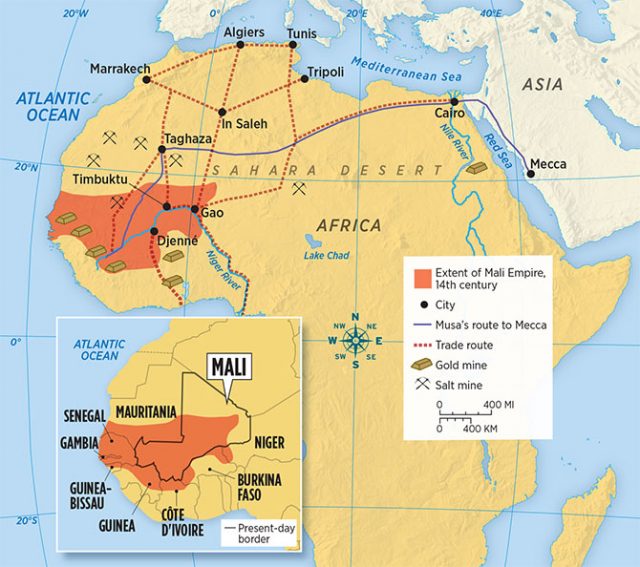
Mansa Musa is extremely famous for his pilgrimage to Mecca which he undertook in 1324, in the seventeenth year of his reign. The wealth that he displayed during the journey was such that eyewitnesses were awestruck and there are several references to it in journals, oral accounts, and other recorded histories. It was this pilgrimage that showcased the extreme wealth of Mali to the world and made Mansa Musa a very popular figure.
4He carried immense wealth and spent it lavishly
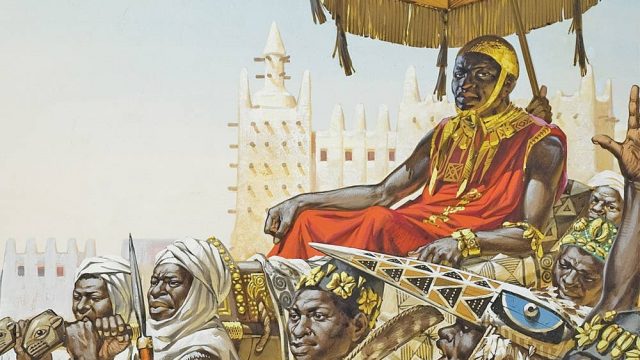
Mansa Musa’s caravan consisted of 60,000 men, including 12,000 slaves who dressed in Persian silk. Musa rode on horseback with 500 slaves carrying gold-adorned staff directly preceding him. He also took along with him 80 camels which carried 300 pounds of gold each. Musa spent lavishly during his journey distributing gold to people and exchanging it for souvenirs in the cities that he crossed on his way to Mecca including Cairo and Medina. When historian Chihab al-Umari visited Cairo twelve years later, the citizens were still singing Musa’s praise.
5Musa’s extravagance caused inflation in the Mediterranean
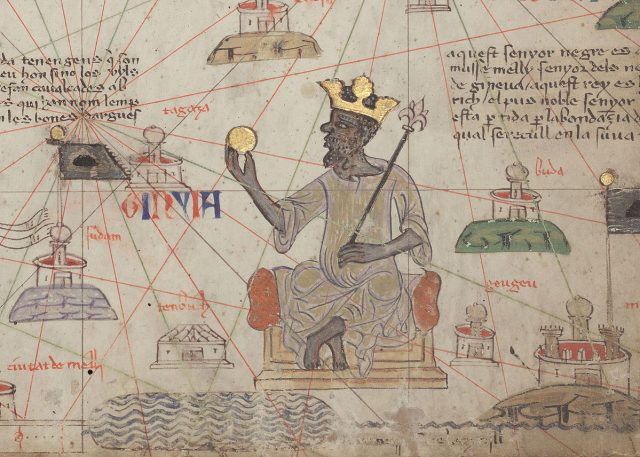
The gold and gifts that Musa distributed lavishly, destabilized their value in the markets of the cities he visited. The sudden influx of gold in the cities of Cairo, Medina, and Mecca caused a decline in the value of the metal. This caused hyperinflation with the price of goods skyrocketing. Later Musa even took back some of the gold at high interest from money lenders in Cairo to adjust its value. Even twelve years after his pilgrimage the markets couldn’t recover fully. This is the one and only instance in history where one man controlled the price of gold in the Mediterranean.
6His reign saw the construction of many famous structures
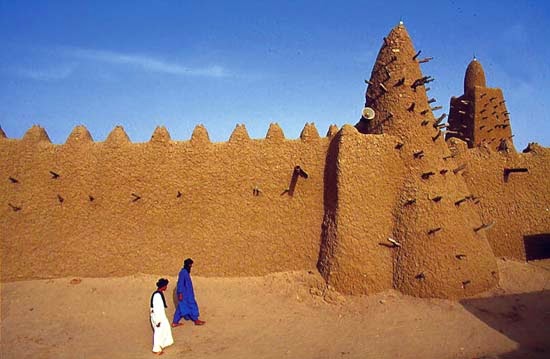
After his return from Mecca, Musa undertook many building projects. Multiple mosques and educational institutions were built in Timbuktu and Gao. He brought in architects from Spain and Cairo that built his grand palace and the famous Djinguereber Mosque. The famous University of Sankore was also built during his reign. Musa’s grand palace no longer exists but the university and mosque are still standing in Timbuktu. Another famous structure constructed during Musa’s reign was the Gao mosque which was made from burnt bricks – a first in West Africa.
7During Musa’s reign, Mali became one of the largest empires in the world
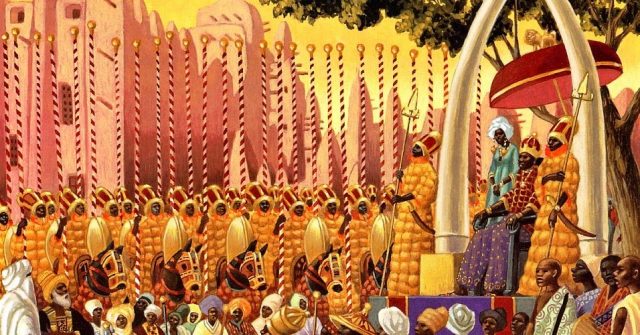
Musa was a successful military leader and the Mali Empire flourished during his reign. In fact, it extended to include several regions like the cities of Timbuktu and Gao. Moroccan traveler and renowned writer Ibn Batuta, who visited Mali twelve years after Musa’s death, noted that it took him four months to travel from the northern to the southern border of Musa’s empire and that he found ‘complete and general safety in the land’. Mansa Musa’s empire was one of the largest in the world during his reign and he remains one of the greatest statesmen Africa has ever witnessed.
8Mansa Musa was ranked the richest person in history
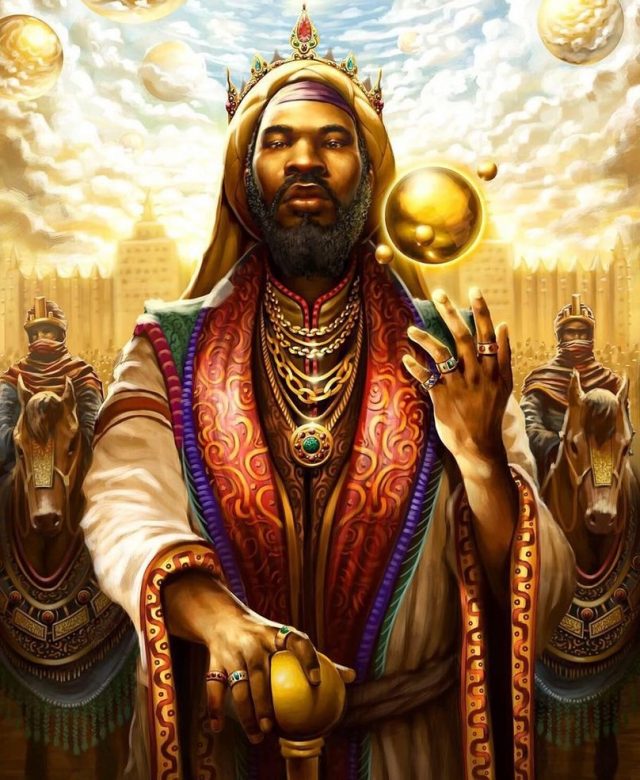
In 2012 Celebrity Net Worth released a list of the world’s wealthiest people of all time, after adjusting for inflation and other variables. Mansa Musa was placed on top of the list above names like Bill Gates and Warren Buffett. It was calculated that Musa had a personal net worth of $400 billion at the time of his death. The Rothschild Family, at a close number two, had $50 billion less than him. The primary source of Musa’s extraordinary wealth was that Mali was responsible for more than half of the world’s salt and gold supply.
9Musa founded the first university in the region
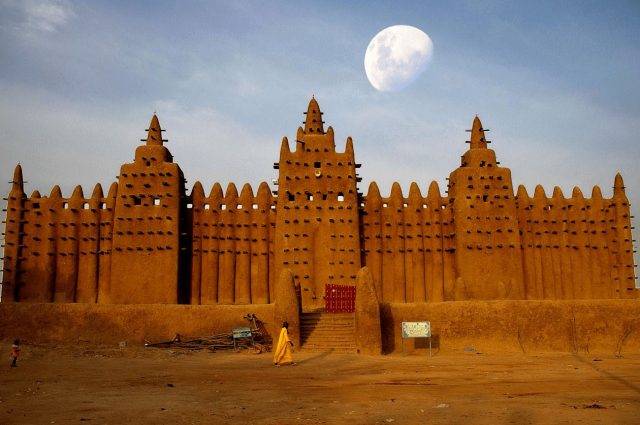
In his travels and battles, Mansa Musa understood the importance of education and development, and so he founded the first university in Timbaktu. Mansa Musa brought back several learned men from Egypt whom he met during his journey. The University of Sankore in Timbuktu became a center of learning drawing Muslim scholars from all over Africa and even the Middle East. Due to his pilgrimage, the world became aware of Mali’s wealth and this, in turn, made Timbuktu a center of trade where merchants from several cities including Venice, Granada, and Genoa traded goods for gold.
10His empire was the largest gold producer in the world
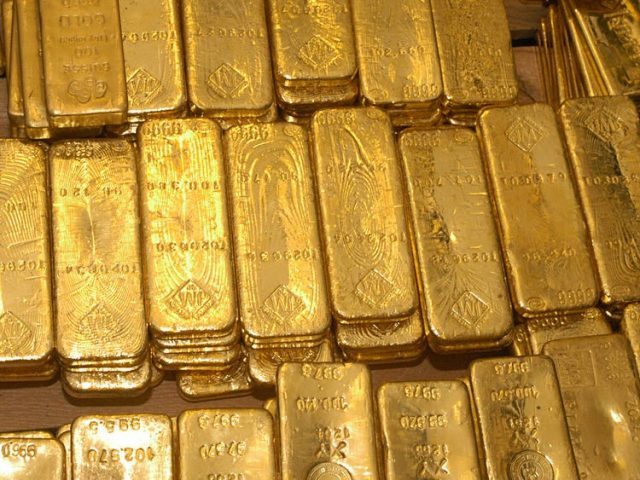
Mali was based on a river, just like most prosperous empires. Water meant life, food, and trade. Mali, under Mansa Musa, utilized this position to become a center for trade. They exported gold and salt to others while growing crops and sustaining a life of their own. With a good location opening up to the Atlantic ocean, they managed to turn Mali into one of the biggest trading regions in the world. They were selling gold and salt at a time where Europe was struggling to obtain both. Opportunity coupled with rich natural resources of gold was their best weapon. The nucleus of the Mali Empire’s great wealth was its access to a significant surplus of gold sources at a time when the resource was in high demand. Indeed, some suggest Mali may have been the largest producer of gold in the world at that time. Consequently, Musa’s coffers swelled.
Unfortunately, Musa’s fortunes were dismantled within two centuries of his passing. His successors were rash with investments and repeated invasions caused them to lose out on everything Mansa Musa had built. His legacy, along with his architectural creations have survived. Thus lived one of the most famous emperors West Africa has ever witnessed.




